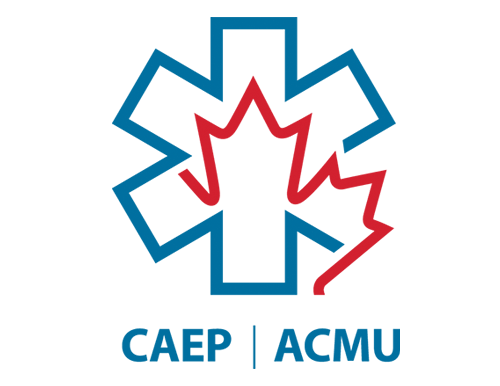- Home
- Membership
- EM Community
- Academic Section
- Resident Section
- Rural, Remote and Small Urban Section
- Pediatric Emergency Medicine Section
- Medical Students
- CAEP Committees
- Advocacy
- Research
- Education
- Resources
- Who We Are
- Mission and Vision
- 2024 Call for Nominations & Annual General Meeting
- CAEP 2024 Open Call
- Breaking News & Media Centre
- Board of Directors
- CAEP 2023 AGM
- 2022 -2023 Annual Report
- Staff Directory
- Past Presidents
- CAEP Annual Awards Program
- By-laws
- CAEP History
- Equity Diversity and Inclusion Information Centre
- Harassment Policy
- Partnership
- Home
- Membership
- EM Community
- Academic Section
- Resident Section
- Rural, Remote and Small Urban Section
- Pediatric Emergency Medicine Section
- Medical Students
- CAEP Committees
- Advocacy
- Research
- Education
- Resources
- Who We Are
- Mission and Vision
- 2024 Call for Nominations & Annual General Meeting
- CAEP 2024 Open Call
- Breaking News & Media Centre
- Board of Directors
- CAEP 2023 AGM
- 2022 -2023 Annual Report
- Staff Directory
- Past Presidents
- CAEP Annual Awards Program
- By-laws
- CAEP History
- Equity Diversity and Inclusion Information Centre
- Harassment Policy
- Partnership
AIME Advanced Halifax 10MAY19 **FULL**
CAEP / AIME Advanced Halifax 10MAY19 **FULL**
All contents of this web site are Copyright © 2023, Canadian Association of Emergency Physicians (CAEP). All rights reserved.
